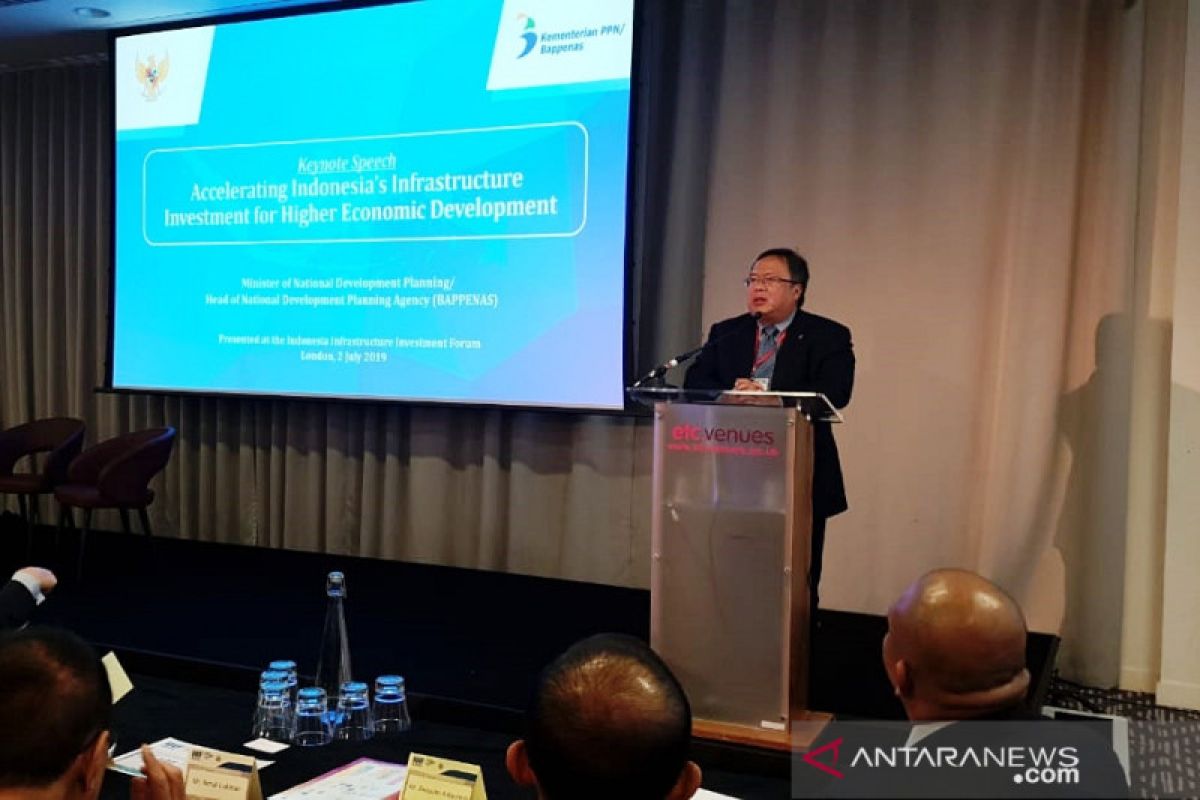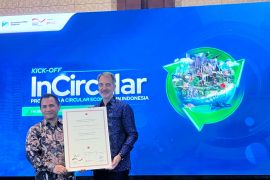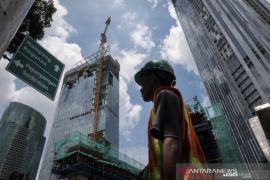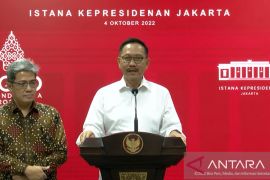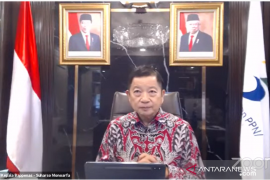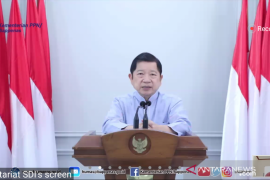"The National Medium Term Development Plan (RPJMN) 2020-2024 provides a huge opportunity for foreign investors to enter and participate in building sustainable infrastructure in Indonesia. I am sure that UK investors can also find great opportunities to increase the scale of investments in Indonesia," said the Head of Bappenas at the 2019 Indonesia Infrastructure Investment Forum (IIIF) themed, "Accelerating Indonesia's Infrastructure Investment For Higher Economic Development", in London, England.
The Bappenas noted in a statement here on Tuesday, the realization of investment from British companies during the period of January-December 2018 has reached around 300 million US dollars and was ranked 14th compared to other countries.
IIIF 2019 aims to share experiences and information on opportunities for infrastructure development in Indonesia and to gather support from potential investors.
Minister Bambang explained that connectivity was the main theme of infrastructure development in Indonesia in recent years, including the construction of roads and railways and the improvement of port and airport facilities.
This focus on connectivity is seen as a direct prerequisite and strategic priority for Indonesia's economic development, given the vast territory of Indonesia with a total of more than 17 thousand islands.
Connectivity is also a crucial theme of infrastructure development in the RPJMN 2020-2024 with an improved strategy to connect the infrastructure that has been built and newly developed industrial zones.
This strategy will improve infrastructure effectiveness while simultaneously parallelizing the potential of connected industrial estates.
"Infrastructure is the key to overcoming logistical challenges, to improve community mobility and the distribution of goods and services that are very important to drive Indonesia's economic development. We have built more than 1,000 km of toll roads, expanded 150 km of railroads, developed public transportation in big cities including the inauguration of the first MRT in Jakarta, which will be immediately expanded to 248 km," he said.
The impact of increasing connectivity is also indicated by the travel time needed after the Trans-Java toll road was built.
There is an improvement in the travel time from Jakarta to Surabaya, the two largest cities in Indonesia, from 12-14 hours to 8-12 hours for passenger vehicles, and from 24-36 hours to 12-24 hours for goods vehicles.
All this connectivity infrastructure development is expected to significantly reduce logistics costs by up to 20 percent, explained Bambang.
In order to encourage economic growth, the Government of Indonesia provides incentives by advocating for and improving the investment climate in Indonesia through various policies and regulations.
"The Indonesian government is strongly committed to developing infrastructure in Indonesia, one of which is by providing a tax holiday or 20-year tax exemption for projects that are considered as strategic projects for the Indonesian economy, and freeing up import duties for four years for production purposes such as machinery, goods, and domestic raw materials," he explained.
Related news: Government to focus on human resource development in 2020
Related news: Kendary Bay Bridge to boost connectivity and productivity: Ministry
Related news: Ministry facilitates Chinese entrepreneurs to develop infrastructure
Translator: Afut Syahri/Eliswan Azly
Editor: Sri Haryati
Copyright © ANTARA 2019
